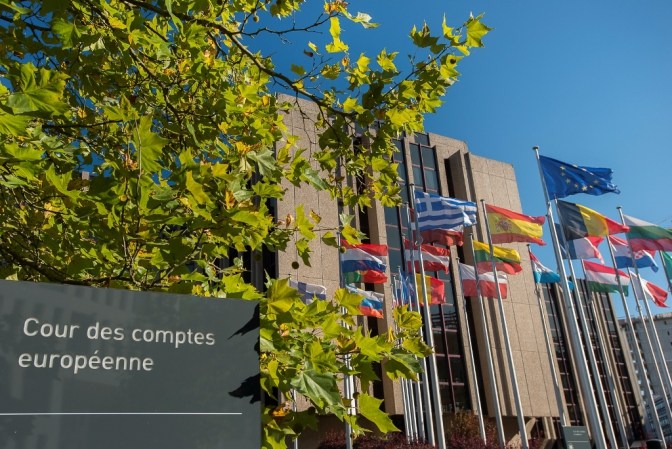The European Council reduced on Tuesday the funding to the Just Transition Facility (JTF). On the following day the European Court of Auditors published an opinion on the flaws in the facility.
The JTF was designed and proposed by the European Commission as an important part of the European Green Deal. It will target the regions and sectors most affected by the transition towards the green economy. The support will be available to address the social, economic and environmental impacts of the transition.
The original budget of €7.5 billion was increased by the Commission to €40 billion, of which €30 billion was supposed to be financed by the new recovery fund which supports the member states by loans and grants to restore and modernize their economies. The Commission justified the increased support on the basis of the effects of the COVID-19 crisis.
The Council decided to reduce the funding to the JTF to €20 billion or even less, €17.5 billion, according to Commission president von der Leyen in her speech to the European Parliament yesterday (23 July). “As you know, I would have liked more,” she said.
In their opinion, the auditors point out that the Commission has not carried out a prior impact assessment to support the amended amount or any comprehensive analysis of what previous EU funding has achieved. Furthermore, all the money from the recovery fund is supposed to be committed by 2024 and used by 2026.
“There is, therefore, a relatively narrow window in which member states should deliver the results expected. This increases the risk that they will either not use the funding or will use it without achieving the required transition,” according to ECA’s opinion.
Another weak point in the JTF is the performance framework. The output indicators in the Commission proposal relate mostly to the economic and social, rather than environmental, impacts of transition towards a climate-neutral economy. The common indicators for JTF do not clearly capture the objective to transition out of carbon-intensive sectors.
To ensure consistency with EU climate objectives, ECA is of the opinion that it would be useful if the JTF regulation explicitly excluded activities leading to a net increase in greenhouse gas emissions from the scope of support.
But according to a recent decision by the Parliament’s Regional Development Committee, an exception should be made for investments in activities related to natural gas in regions heavily reliant on the extraction and combustion of fossil fuels.
Considering the shortcomings in the proposal and the risk that the JTF will not reach it goals, was the Council decision to reduce the funding justified?
“We recognised that significant investments will be required across the EU to achieve the EU’s transition to a climate-neutral economy by 2050,” replied Nikolaos Milionis, the ECA member responsible for the opinion. “But budget plans are a political decision and it’s not to the ECA to comment on the amount EU leaders agreed on.”
“Whatever money is needed, it’s crucial for us that the JTF is based on performance to be able to help the EU achieve its green ambitions. We noted that due to the short timeframe, the Commission has not carried out a specific impact assessment, or a stakeholder consultation, in support of the amended amount. With this in mind, we’ll continue our role of scrutiny and ensure that added value is achieved.”
M. Apelblat
The Brussels Times

